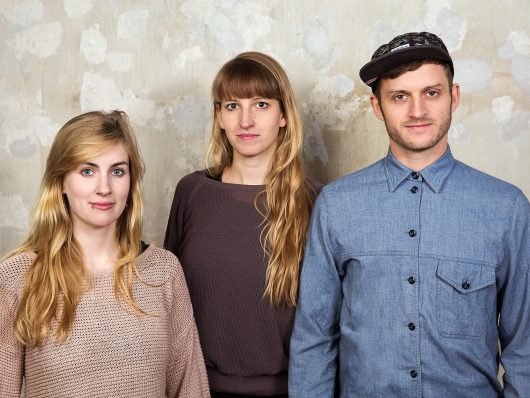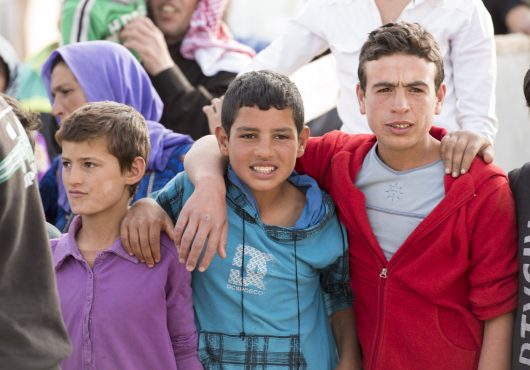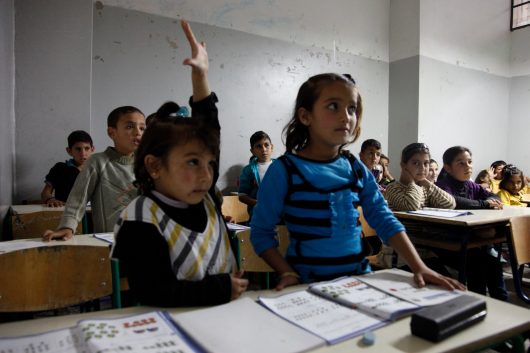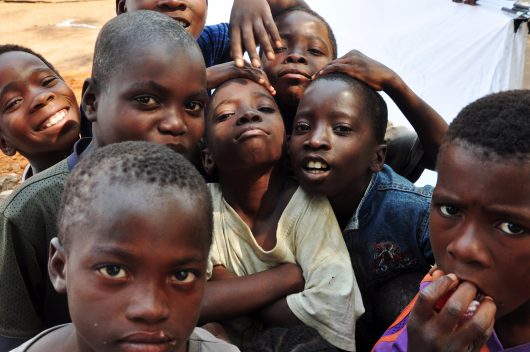 Refugees Welcome, a non-profit organization founded by Germans Mareike Geiling, Jonas Kakoschke and Golde Ebding, provides an online platform for people to lend a room to an asylum-seeking refugee.
Refugees Welcome, a non-profit organization founded by Germans Mareike Geiling, Jonas Kakoschke and Golde Ebding, provides an online platform for people to lend a room to an asylum-seeking refugee.
Often called the “Airbnb for refugees,” the organization aims to help refugees integrate into their new communities and create a more welcoming culture, according to The Independent.
Founded in Germany in 2014 in response to the growing refugee crisis, Refugees Welcome has quickly spread to eight other European countries and Canada. It is also supporting groups in more than 20 additional countries to set up the platform there. As of mid-July, Refugees Welcome has already placed 791 refugees in shared flats.
To offer a room to a refugee, individuals must register online through the organization’s website. There they fill out basic information such as how much space they have available and for how long. Similarly, refugees fill out a questionnaire to facilitate the matching process.
Once a match is made, the potential new roommates have the chance to meet up to see if they will be a good fit. Rent and utilities are paid for with micro-donations made to Refugees Welcome or by government programs.
According to The Independent, “Although people have offered the group entire empty houses and flats, Ms. Geiling said that would defeat one of the key aims of the initiative – to integrate.” Geiling further expressed that the program is “about living with people and getting to know them.”
In typical refugee situations, overwhelmed officials frequently place refugees in unorthodox living places such as old schools or shipping containers. In an NPR interview, Kakoschke notes that in these cases, refugees cannot work or learn the local language and often become depressed due to the stagnant nature of their living situation.
The Refugees Welcome website explains that through their program, refugees have an opportunity to learn the local language more quickly than they would in typical accommodations granted to refugees, and they can more easily acclimate themselves to their new country.”
The website adds, “You, on the other hand, will get to know a different culture and help a person in a difficult situation.”
– Laura Isaza
Photo: The Independent
 Increased media coverage of the global refugee crisis has prompted waves of humanitarian support and local activism across the world. Iceland made headlines when 10,000 of its
Increased media coverage of the global refugee crisis has prompted waves of humanitarian support and local activism across the world. Iceland made headlines when 10,000 of its  Weeks of combat in Fallujah, initiated by Iraqi military forces in an attempt to eradicate ISIS militants from the city, have left tens of thousands of civilians displaced. The
Weeks of combat in Fallujah, initiated by Iraqi military forces in an attempt to eradicate ISIS militants from the city, have left tens of thousands of civilians displaced. The  The United Nations will debut
The United Nations will debut  Many know the island of Lesbos as a small, quiet vacation island. It embodies the quaint characteristics of Greece, with its freshly caught fish and rural roads through mountain ranges. But what many people do not know is that Lesbos also
Many know the island of Lesbos as a small, quiet vacation island. It embodies the quaint characteristics of Greece, with its freshly caught fish and rural roads through mountain ranges. But what many people do not know is that Lesbos also 
